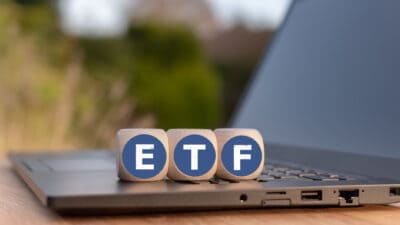Unless you've been living under an ASX rock over the past decade or so, you have probably noticed the rising popularity of 'passive investing through index exchange-traded funds (ETFs). ETFs have been around for a few decades. That's in contrast to other, older investment vehicles such as Listed Investment Companies (LICs) and managed funds.
Index funds use computer algorithms to blindly mirror indexes like the S&P/ASX 200 Index (ASX: XJO). Because they just track these indexes, these funds don't have to hire fund managers or investment analysts. As such, they usually have far lower costs and fees than their 'active' counterparts.
Active where? Passive funds continue to grow
This advantage, coupled with the fact that many active fund managers struggle to outperform indexes anyway, have boosted the popularity of index ETFs dramatically over the past decade or two. But this popularity has now grown so much that index funds look like they are set to overtake actively managed funds for the first time.
According to a report in the Australian Financial Review (AFR) today, which cites data from EPFR Global, there is now US$8.4 trillion invested in index ETFs and index managed funds globally. That is close to one in every two dollars in global share portfolios (including individual share ownership). In Australia, the figure is now at 54%, up from 45% at the start of last year. Over in the United States, passive funds now account for 57% of listed equity funds.
That follows an injection of US$17 billion into these passive funds just last week. At the same time, US$15.4 billion reportedly flowed out of actively managed funds.
The report quotes Bernd Meyer, chief strategist at the private German bank Berenberg on this trend:
The trend towards passive investing continues unabated… For many investors, entering the capital market no longer means selecting attractive securities themselves or hiring an active portfolio manager to perform the selection… It means putting money into a passive index fund.
The ASX's largest index ETF is the Vanguard Australian Shares Index ETF (ASX: VAS), which tracks the S&P/ASX 300 (ASX: XKO). This index ETF now has a market capitalisation of $8.13 billion, up from $5.83 billion in September last year.








